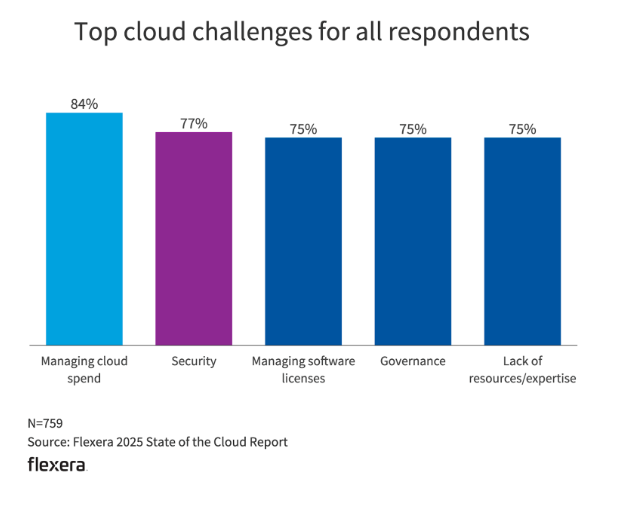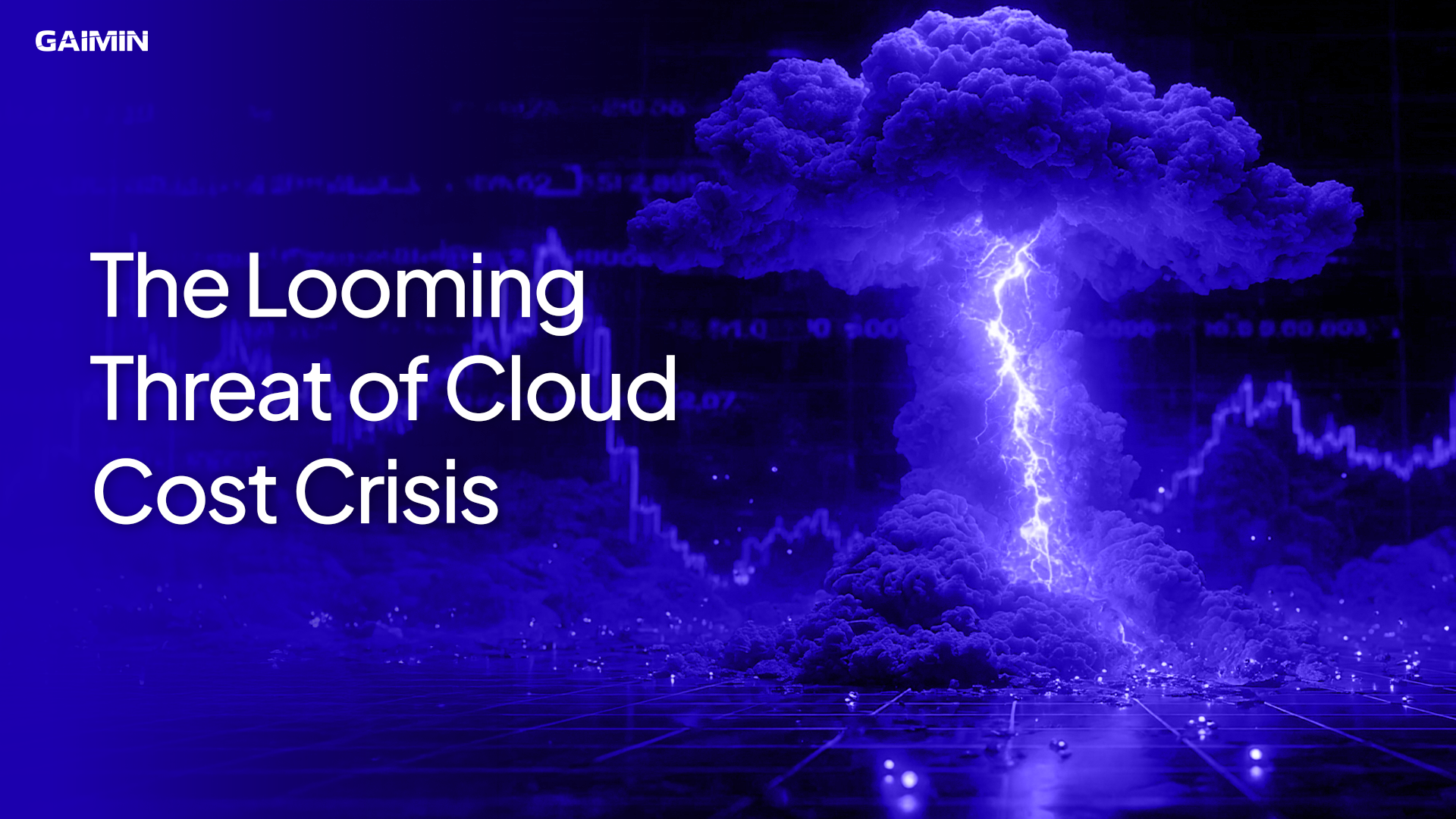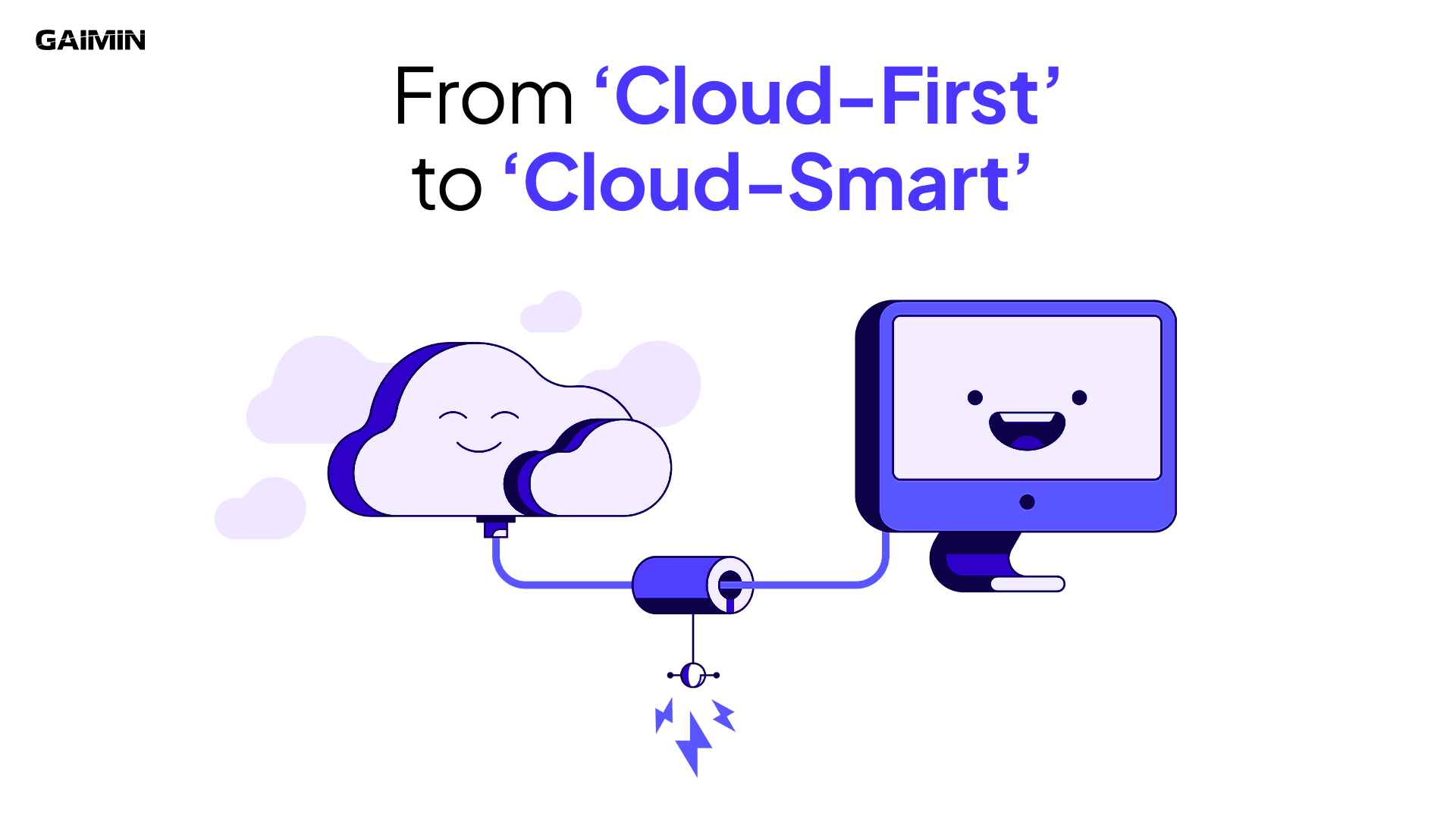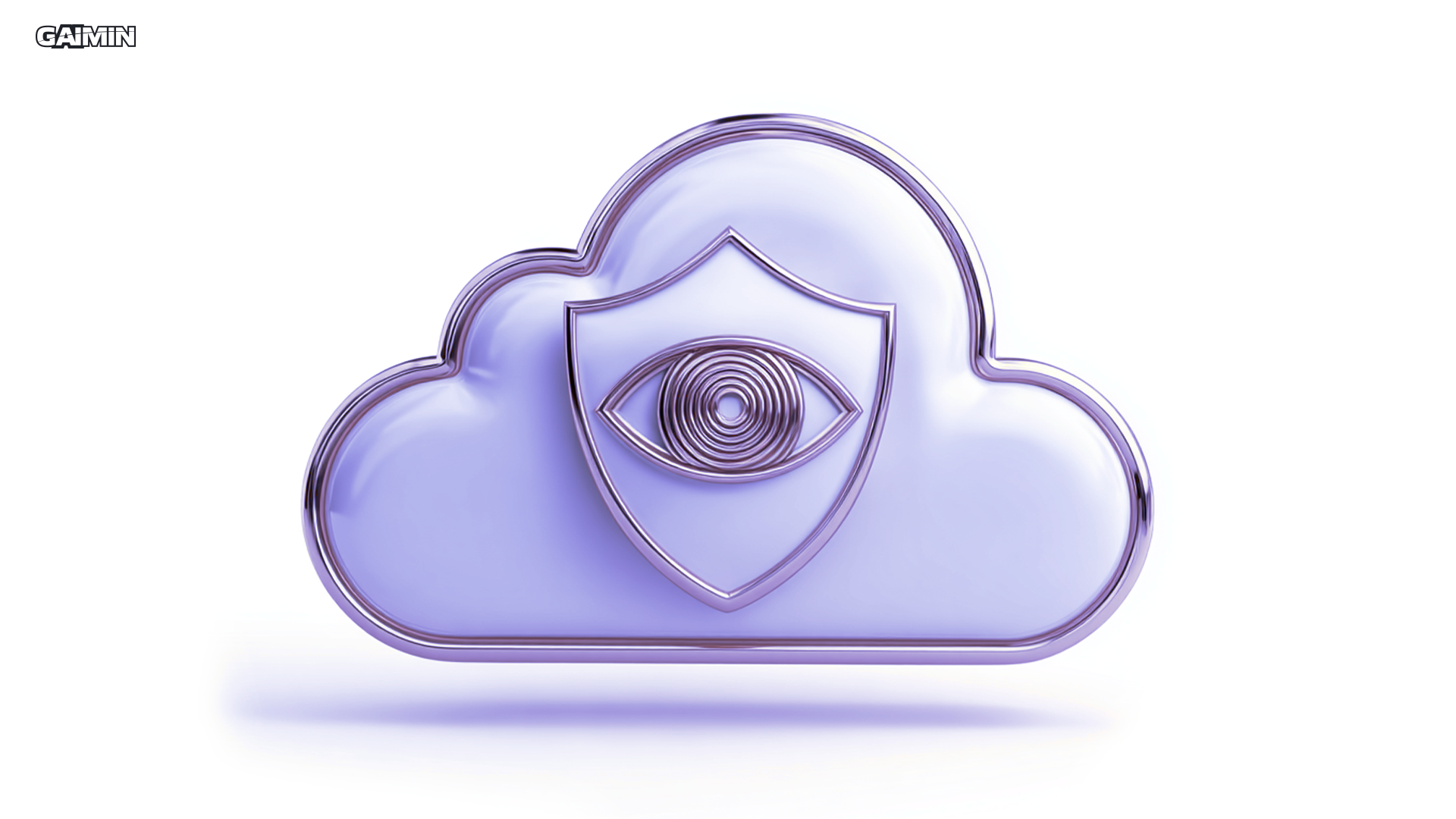The cloud was supposed to be startups’ greatest enabler. At least, it starts that way, with the trend of giving Cloud credits to startups and SMEs to launch their businesses. But when it inevitably gets to a point where these startups now have to start paying the premium prices for these services, after their credits are exhausted, it becomes a huge burden for these young companies to scale efficiently. The same tool that helped launch so many unicorns in the past is now increasingly becoming a burden for the same companies. Rising cloud bills are consuming margins, limiting growth, and forcing investors to question the sustainability of the model. There is no doubt about a looming Cloud Cost Crisis, and it’s up to us, key players in the industry, to discuss it, create and adopt alternative solutions.
Why Cloud Costs Are Spiraling
For startups, cloud technology has consistently offered flexibility, speed, and scalability without requiring upfront hardware (on-prem) investments. But over the last three years, the reality has shifted: spiraling costs, opaque billing, and vendor lock-in are creating what some call a cloud cost crisis. For many young companies, these pressures could threaten survival.
When legacy cloud players like Amazon Web Services, Microsoft Azure, and Google Cloud first draw startups in, the economics look unbeatable with those massive initial credits. For some, the Pay-as-you-go pricing seems ideal for lean businesses. Yet, to what ends, if it ends in an unpredictable and compounding bill every month?
Flexera’s State of the Cloud 2024 report revealed that 82% of enterprises rank managing cloud spend as their top concern, even ahead of security! For startups running on thin margins, a surprise bill can be the difference between runway and shutdown.
Vendor lock-in also worsens the problem. At least, if a provider was charging you an arm and a leg, you could easily switch allegiance, right? Only it’s not that simple in the traditional cloud space. Once a startup builds its stack on a hyperscaler, migration becomes technically complex and financially penalizing, and this is by design. Pricing power then tilts in favor of the provider, not the client (the startup).

Real-World Impact on Startups
The ripple effect that comes or could further come with this cost crisis isn’t hypothetical. In 2022, Basecamp announced plans to pull workloads off the cloud after AWS bills reached millions annually. Some companies had already been ahead, probably anticipating these crises way ahead of time. For example, when Dropbox repatriated much of its data from AWS, it contributed to a massive $75M cost savings in its OpEx at the time. Twitter (X) under Elon Musk slashed cloud costs by reportedly 60% after renegotiating contracts, after previously spending over $100 million per year on cloud computing costs alone!
Now you can imagine if these cloud costs are a big deal for the top companies of the world, how it would be for the smaller companies trying to make ends meet. Smaller startups feel this even harder: limited capital means cloud cost overruns cut directly into hiring, product development budgets, or even survival.
Coupling that with this stat from Accenture that reports only 27% of companies believe their cloud investment delivers the full value they pay for, gives you a broader sense of the issue. For startups that rely on speed and efficiency, this gap between cost and value is very alarming.
The Bigger Picture: Where OmniCloud by GAIMIN Comes In
The cloud was supposed to democratize technology. But instead, the current model most of the industry operates with has created new barriers to entry, partly not due to their fault, but the high cost of running expensive data centres globally. But then the economics now favor established companies that can negotiate discounts and optimize spend with full-time FinOps teams. Startups, in contrast, face unpredictable monthly bills, limited negotiating power with providers, and growing reliance on tools or consultants just to manage costs. This flips the startup script: what was once a launchpad is becoming a weight pulling them down.
Hence why we, here at GAIMIN, have resorted to a different business model to provide the best cost-to-value cloud solutions available in the market. For startups looking for alternatives, OmniCloud presents a practical solution tailored to their cost-value concerns. Rather than relying entirely on expensive hyperscalers for their young businesses, OmniCloud taps into unused hardware capacity from a distributed network of PCs, using their bandwidth to deliver compute and file-sharing at up to 60% lower cost compared to traditional cloud services, with no vendor lock-ins or unpredictable billings. Our distributed architecture naturally avoids single points of failure and provides the flexibility that startups need to scale without being locked in.
OmniCloud is particularly well-suited for startups with variable workloads, game developers, AI and research teams, content creators, or basically anyone requiring compute and file distribution applications. By integrating with our existing infrastructure serving as a primary compute layer, startups can optimize both cost and resilience, aligning with the needs highlighted by the cloud cost crisis.
Spend Smart, Scale Smarter
We needed to start this article by laying down the cost-value facts of the industry we operate in, so as to help you better understand why we sought to create more favourable solutions, especially for the smaller companies in this cloud sector.
The cloud cost crisis is already here due to several underlying factors, but it doesn’t have to be catastrophic. Startups that adopt disciplined budgeting, track usage, maintain portability, and explore alternatives like OmniCloud will not just survive but will scale faster. The key is not to chase growth blindly but to build on infrastructure that is flexible, cost-effective, and resilient; and that’s what OmniCloud by GAIMIN provides!


.png)

